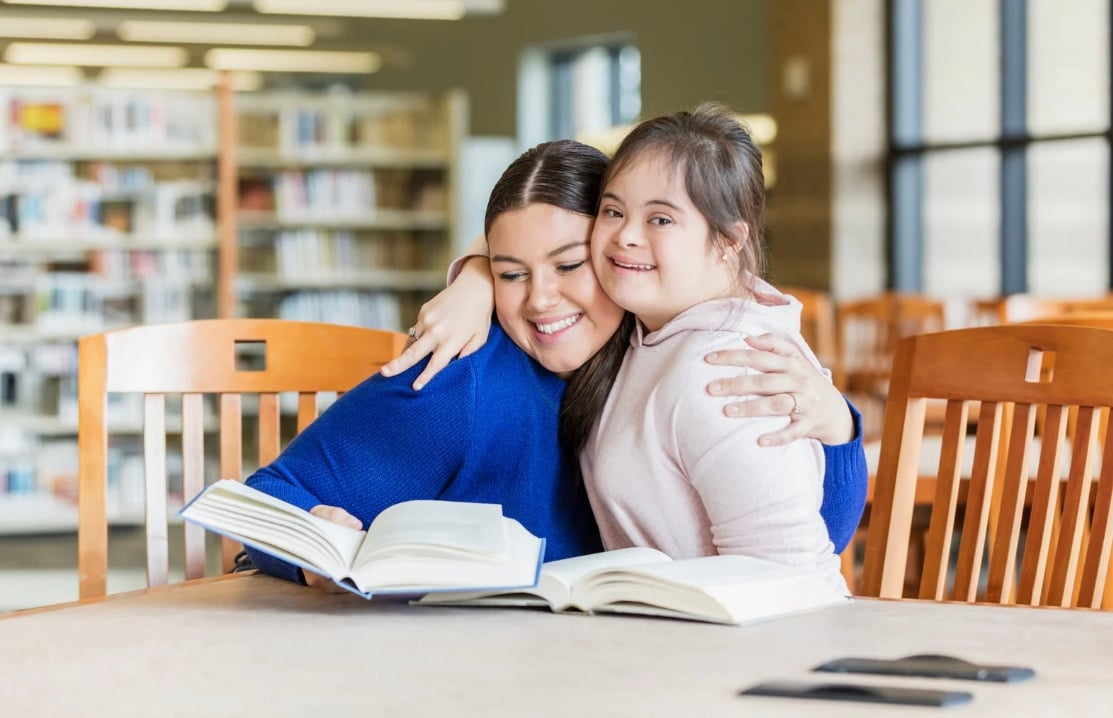What Parents Need to Know About the Oklahoma Alternate Assessment Program (OAAP)
If your child has a disability, you’ve likely heard about state assessments. But what if the school says your child should take the Oklahoma...

How to Qualify for the Lindsey Nicole Henry Scholarship - Even if Your Child Doesn't Have an IEP
Navigating school options for a child with special needs can feel overwhelming. For Oklahoma families looking for an alternative to public school, the Lindsey Nicole Henry (LNH) Scholarship may offer a life-changing solution if your child qualifies.
The Lindsey Nicole Henry (LNH) Scholarship Program helps children with special needs in Oklahoma access education at a private school. The LNH Scholarship allows families to choose private schools that meet their child's special needs. Initially, the scholarship was mainly for students who had Individualized Education Programs (IEPs), but it has since expanded to include more types of students who may need assistance. The program aims to give students with disabilities more options for education and promote parental choice and empowerment. In summary, the Lindsey Nicole Henry Scholarship provides crucial support for Oklahoma families, helping them find the best educational options for their children.
Thanks to the passage of Senate Bill 105, starting July 1, 2025, the eligibility criteria will include more categories, making the scholarship available to a wider range of children without IEPs, including all of the following categories (you can also download the guide for easy reference):
What happens if you suspect your child has a disability and they don't have an IEP (Individualized Education Program), an ISP (Individualized Service Program), or have not yet been found eligible for special education services via a MEEGS (Multidisciplinary Evaluation and Eligibility Group Summary)? The good news is you can still pursue eligibility, and we'll walk you through the process, which is called Child Find.
The school district you reside in (if your child is enrolled in public school or is homeschooled) or where the private school is located (if this is where you child attends) is responsible for evaluating your child and the IEP team (of which parents are a part) determines if student qualifies for special education services.
Where do you start? The process begins when you:
Request a Special Education Evaluation
Email the Director of Student Services (Special Education) for the school district in which you reside (if your child attends public school or if you homeschool your child) or the school district that the private/micro school your student attends is physically located asking for a FULL psycho-educational evaluation under Child Find (which is a federal requirement). You can download a draft evaluation request letter if you'd like to use it as a starting point. Need an example? We’ve got you covered. If your child is not enrolled in the public school, then the district may have to do a "soft enrollment" to start the process.
If you’ve made it this far, congratulations! We are sure that it feels a lot like drinking from a firehose. Download our step-by-step guide to help you navigate the process. Please remember that YOU are your child’s most important advocate! The OPSA Parent Services team is here to help you every step of the way. If you would like more individualized assistance, please reach out to our team at parents@okpsaedu.org.
It is important to know your rights as a parent. This document outlines those rights, and it is a LOT of information.
Disclaimer
The materials available on this website are for informational purposes only and not to provide legal advice. You should contact your attorney to obtain legal advice concerning any particular issue or problem. Click the following link to access the Oklahoma Special Education Policies & Procedures handbook.

If your child has a disability, you’ve likely heard about state assessments. But what if the school says your child should take the Oklahoma...

Big news for Oklahoma parents who have students with disabilities! On July 1, 2025, a new law, House Bill 1393, will go into effect, giving parents...

Oklahoma's Parental Choice Tax Credit is getting a makeover starting July 1, 2025, thanks to Senate Bill 684 (SB 684), and it’s great news for...